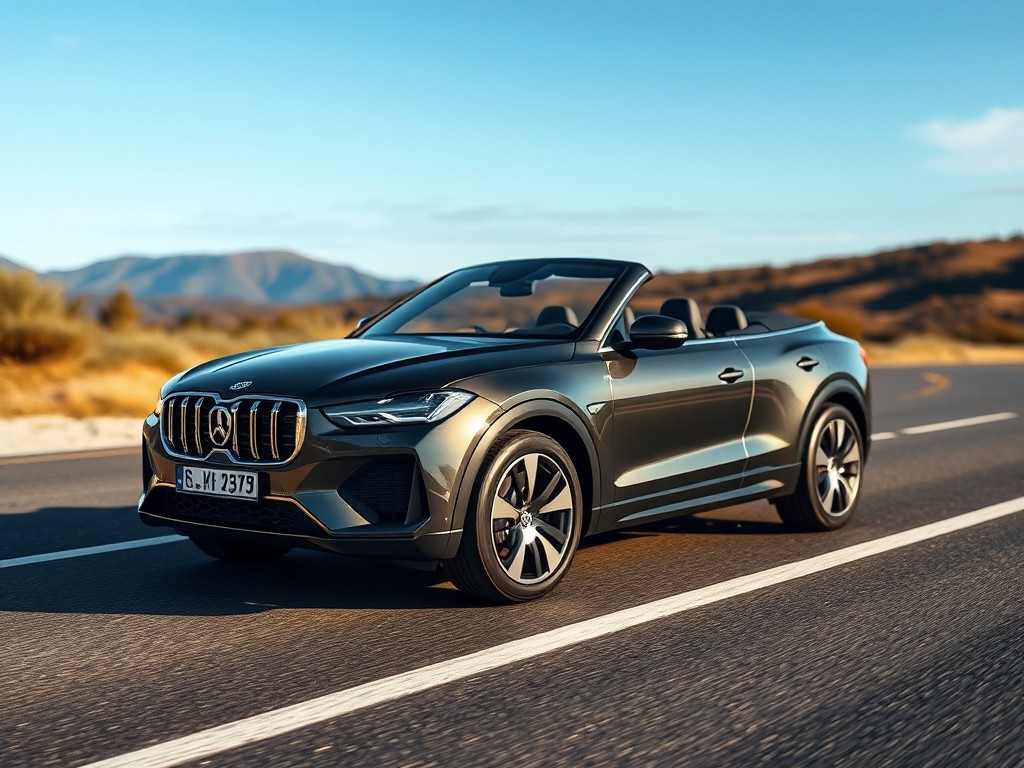The UK government has announced plans to phase-out petrol and diesel vehicles by 2030. This bold move to transition to zero-emission vehicles is part of the nation’s broader strategy to combat climate change and reduce the country’s carbon footprint. For owners of petrol and diesel vehicles, this decision poses several significant implications. This article will delve into the details of the phase-out, exploring its impact on factors such as vehicle value, maintenance costs, and infrastructure.
The Devaluation of Petrol and Diesel Vehicles
Petrol and diesel vehicles might soon become relics of the past, with the UK government’s announcement of their planned phase-out. It is clear that these vehicles’ values are set for a drastic downturn as we approach the 2030 deadline.
Also read : How to choose the correct booster seat for older children in the UK?
Market forces will naturally devalue petrol and diesel vehicles as the phase-out approaches. Once the sale of new petrol and diesel vehicles becomes illegal in the UK, the demand for such vehicles will drop significantly. This will lead to a decreased market value for these vehicles, which could see current owners facing substantial financial losses.
However, it is not all bad news. For those willing to sell their vehicle before the phase-out takes full effect, there could be potential for some level of financial recovery. The key is to monitor the market trends and make a decision at the right time. For instance, some car owners may choose to sell their vehicles earlier to avoid the rush of sellers closer to the deadline.
In the same genre : What essential features should be considered when buying a car for rural living in the UK?
Increased Maintenance and Running Costs
With the looming phase-out of petrol and diesel vehicles, current owners should brace themselves for potentially escalated maintenance and running costs.
As the demand for petrol and diesel decreases, the supply of these fuels is also likely to decline. This could lead to a rise in fuel prices, making running a petrol or diesel car more expensive. Additionally, the availability of spare parts and experienced mechanics might dwindle over time as the industry shifts focus to electric vehicles. This would increase the cost and difficulty of maintaining a petrol or diesel vehicle.
Moreover, the UK government is considering increasing taxes on petrol and diesel vehicles to discourage their use and promote the adoption of cleaner transport alternatives. This could further inflate the running costs of these vehicles, making them less economically viable for the owners.
The Infrastructure Shift
As the transition to electric vehicles gains momentum, the existing infrastructure supporting petrol and diesel vehicles will gradually shift or disappear.
Petrol stations, currently a ubiquitous sight, will start to dwindle as the demand for petrol and diesel decreases. In their place, electric charging points will become the new norm. This could be problematic for petrol and diesel vehicle owners, especially those in remote areas, who may find fewer refuelling stations available.
The government has promised to invest in electric vehicle infrastructure, with plans to install thousands of charging points across the country. However, this won’t change the fact that petrol and diesel vehicle owners might find it increasingly difficult to access the services they need.
The Push for Electric Vehicle Adoption
The phase-out of petrol and diesel vehicles is essentially a push towards the adoption of electric vehicles.
The UK government is offering incentives such as grants and tax benefits to encourage drivers to make the switch to electric. These incentives, coupled with the falling prices of electric vehicles, make them an increasingly attractive option.
However, for current owners of petrol and diesel vehicles, the push for electric vehicles could mean having to invest in a new car earlier than planned. Moreover, switching to an electric vehicle involves adapting to a new way of refuelling and maintaining the vehicle, which could pose a challenge for some drivers.
The Environmental Impact
While the implications for vehicle owners are important, we should not lose sight of the wider environmental implications of the phase-out.
Transport is one of the largest sources of greenhouse gas emissions in the UK. By phasing out petrol and diesel vehicles, the country can significantly reduce its carbon emissions and contribute to the global fight against climate change.
For vehicle owners, this presents an opportunity to make a positive impact on the environment. Transitioning to a cleaner mode of transport can significantly reduce individual carbon footprints. While the phase-out may pose challenges in the short term, it could lead to long-term benefits for both the planet and its inhabitants.
The planned phase-out of petrol and diesel vehicles in the UK is a game-changer. It has profound implications for current vehicle owners and will transform the country’s transport landscape. Although it might pose challenges initially, in the long run, it is a step towards a cleaner, greener future.
Adaptation and Transition to Electric Vehicles
As we move towards an era of electric vehicles, current owners of petrol and diesel vehicles will need to adapt and transition accordingly.
The journey from petrol and diesel to electric cars can be daunting, especially given the substantial differences in technology. For instance, electric vehicles operate on a battery that needs to be charged regularly. This is a departure from the regular fill-ups at petrol stations that most drivers are accustomed to. Additionally, owning an electric vehicle may require the installation of a home charging station, depending on the vehicle’s model and the owner’s daily driving needs.
However, the UK government is committed to making this transition as smooth as possible. There are plans for widespread installation of electric charging points across the country, to ensure that electric vehicle owners are never too far from a charging station. Furthermore, several incentives are being offered to encourage drivers to switch to electric vehicles. These include grants for buying electric vehicles and installing home charging points, as well as reduced road tax for electric vehicle owners.
For current owners of petrol and diesel vehicles, the transition to electric vehicles could be seen as an investment in the future. While the upfront costs may be higher, the savings in running costs and the environmental benefits could make it worthwhile in the long run.
Conclusion
The planned phase-out of petrol and diesel vehicles in the UK is a significant step towards a more sustainable future. The move may bring about challenges for current vehicle owners, particularly in terms of vehicle value depreciation, increased running costs, and potential changes in vehicle service infrastructure.
However, it also brings opportunities. The push for electric vehicles is a chance for current owners to embrace cleaner, more efficient technology. The government’s support in terms of grants and tax benefits further enhances the attractiveness of electric vehicles.
Finally, the environmental impact cannot be overstated. By transitioning to electric vehicles, the UK can significantly reduce its greenhouse gas emissions, playing a pivotal role in the worldwide fight against climate change. For individual vehicle owners, this is a chance to contribute towards this global effort and reduce their own carbon footprint.
In conclusion, while the phase-out of petrol and diesel vehicles is a major shift, it is a necessary one. As we move towards 2030, it is crucial for current vehicle owners to understand and prepare for the changes ahead. And ultimately, the benefits of this transition – both to individuals and to the planet – make it a journey worth undertaking.











